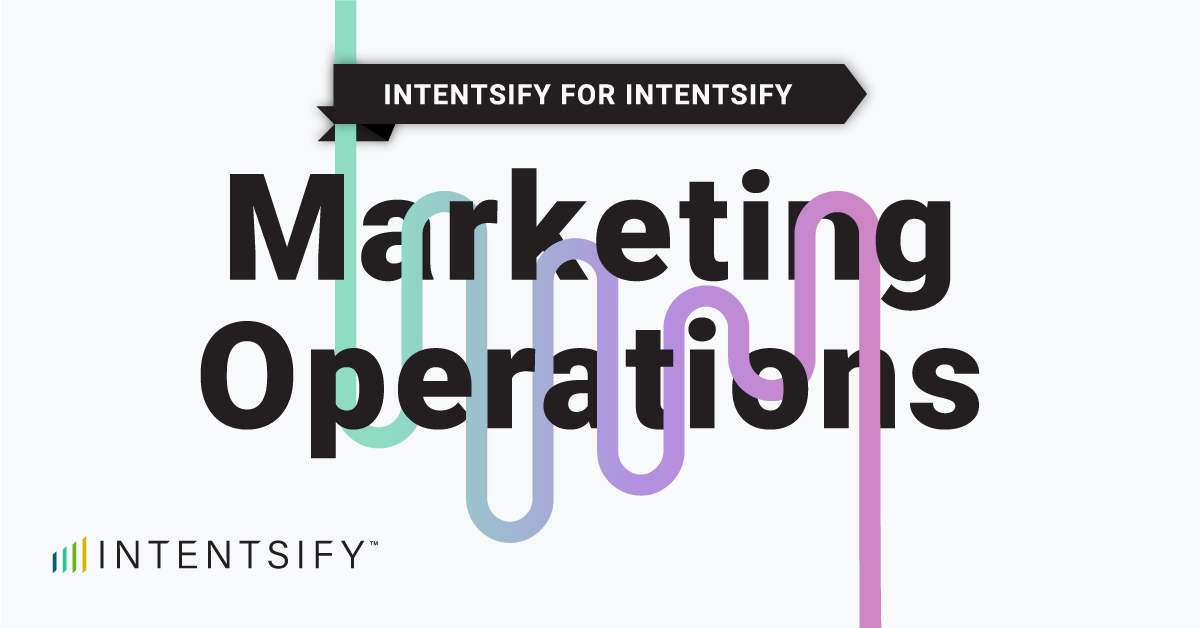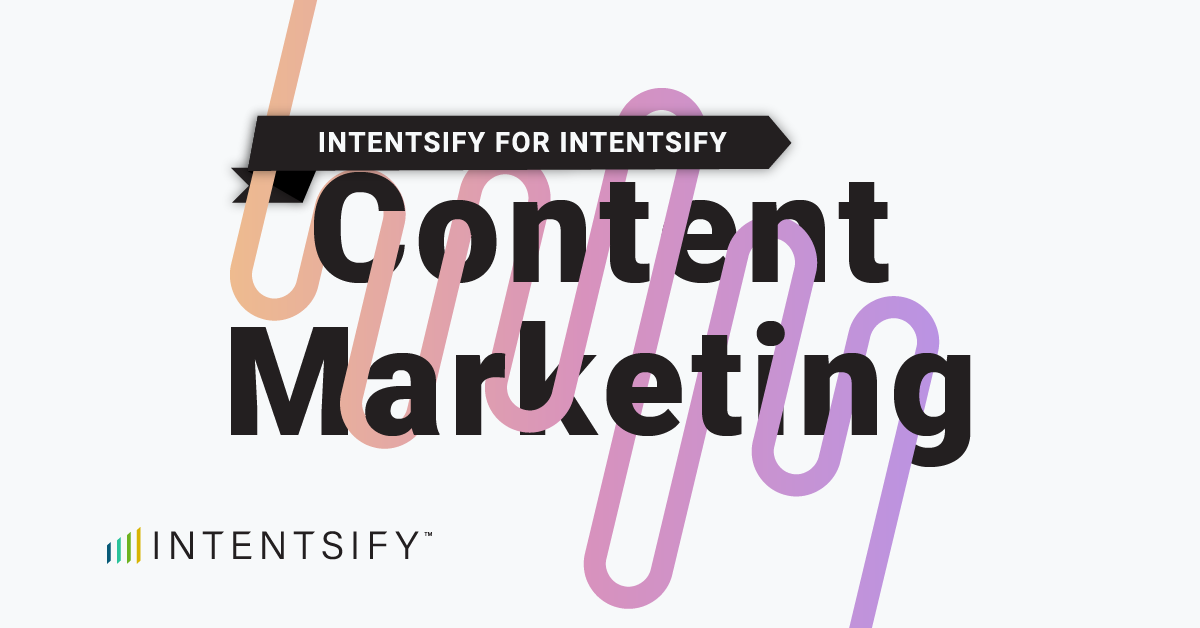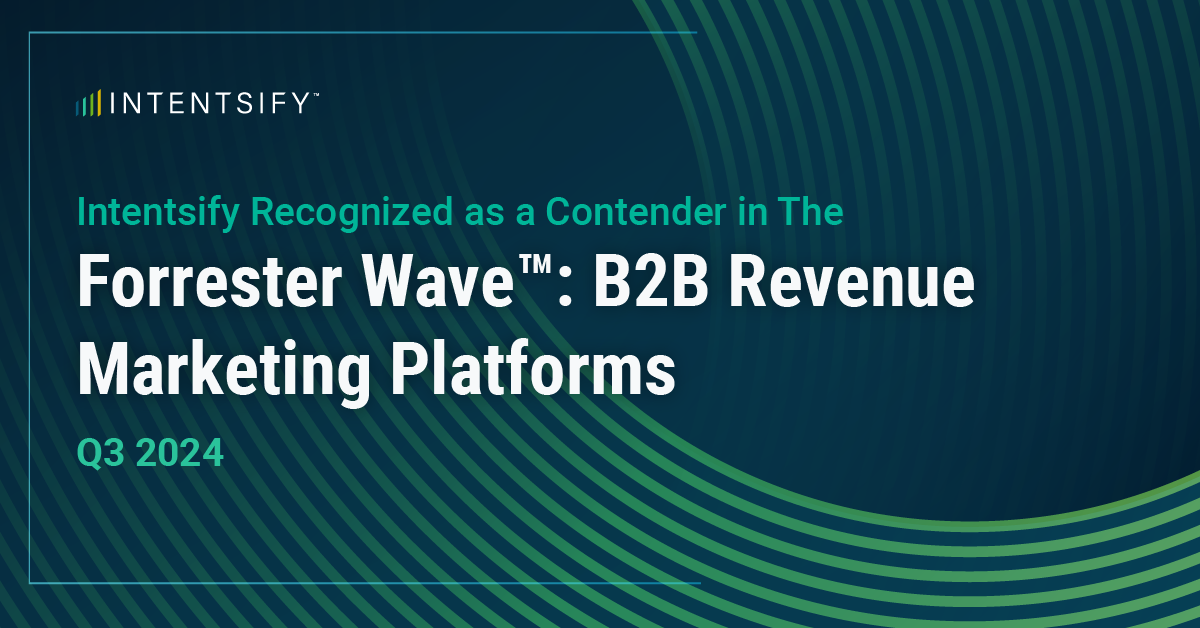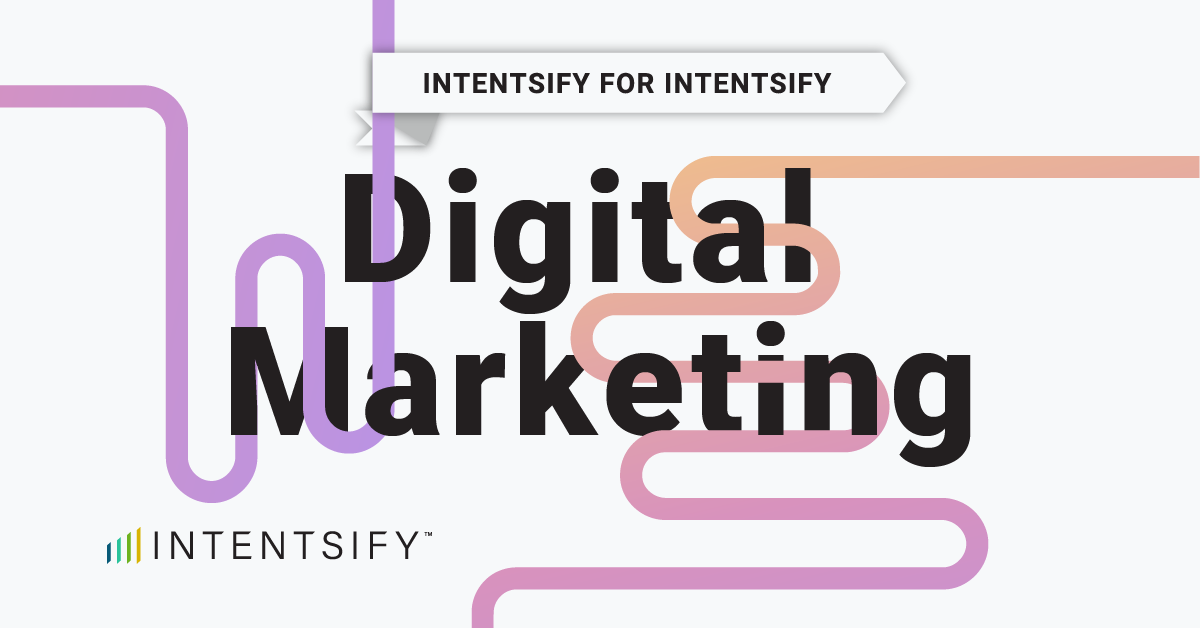Creating a MarTech stack that helps you deliver real business impact is no easy feat. You probably have done plenty of research when selecting your MarTech tool set. According to a 2024 global study evaluating the state of marketing technology, over 14.1 thousand MarTech solutions were available to industry professionals that year. So, with thousands of options, how do you pick the right marketing technology for your marketing operations? Have you considered how your MarTech vendor should support or align with your marketing automation?
Asking the right questions can help you make well-informed decisions that benefit your organization in the long run. Here are some of the key questions to ask your MarTech vendor before you make any investment.
1. Is the tool compatible with our existing stack?
One of the most critical factors in choosing a MarTech tool is ensuring it integrates seamlessly with your existing technology stack. Will the tool ‘talk’ to other tools and help reduce your manual processes?
You should ask them if their platform is compatible with various CRM, marketing automation, and analytics tools. For instance, If your organization already uses CRM software like Salesforce or HubSpot, ensure the MarTech tool you’re considering can integrate without significant customization or the need for additional middleware. A tool that fits your current stack will save you time and allow for more coherent data analytics and reporting.
Choose a MarTech vendor that understands that marketing operations are complex and that compatibility is key to minimizing disruptions and enhancing workflow efficiency.
2. Can the tool solve multiple challenges and help consolidate vendors?
Choosing tools that can address multiple needs within your organization to maximize efficiency and reduce costs is crucial. Ask the vendor if their solution can handle various functions that might otherwise require several different tools.
A recent survey showed that 100% of teams in which marketing and sales work together do so through MarTech. However, the question remains: Does your MarTech vendor have this capability?
For example, a tool that offers capabilities in email marketing, social media management, lead generation, and analytics can replace multiple single-function tools, thus simplifying your tech landscape and reducing vendor management complexity. Consolidating tools saves you money and reduces the learning curve and the potential for data silos.
3. How will the tool be rolled out?
Understanding the implementation process is essential to minimize disruptions. Ask the vendor for a detailed rollout plan with a timeline, required resources, and onboarding support.
For instance, a well-defined implementation plan from the vendor should include:
- Initial setup
- Integration steps
- Training sessions
- Support resources
A comprehensive rollout plan helps in setting clear expectations and timelines. This ensures that your team can transition smoothly and use the tool effectively from day one.
4. Does the vendor have an actionable playbook for operationalizing the solution?
Having a tool is one thing; making it work effectively within your organization is another. Vendors should provide a comprehensive playbook with best practices, case studies, and actionable steps to integrate the tool into your workflow. Additionally, the tool’s value should be clear and tangible. A well-documented playbook can be a valuable resource for your team, helping them get the most out of the new tool and drive measurable results.
5. Can we start with a pilot program to build internal champions and buy-in?
Starting with a pilot program can be an excellent way to test the tool’s effectiveness and build internal champions. A pilot allows you to evaluate the tool in a controlled environment, gather feedback, and make necessary adjustments before a full-scale rollout. Will your vendor allow you to start with a pilot program to help you see the potential of their MarTech tool and build a strong case for broader adoption?
Take, for example, Verizon’s pilot program, which helped it revamp its strategy by using Intentsify to fuel its intent-driven marketing operations. This new strategy helped Verizon to achieve the following:
- In just six weeks, the display portion of their campaign not only met but exceeded the total campaign goals, leading to an extension of an additional four weeks.
- They achieved an astonishing 836% goal on pipeline opportunity value from content syndication leads.
- The display campaigns saw a 44% decrease in cost-per-visit.
- Form completions on the display campaigns hit 171% of the goal.
- The campaign identified and engaged 4-5 decision-makers at target accounts.
So, why did Verizon achieve this much success within a short period? They collaborated with Intentsify and exceeded expectations with their pilot program. Their success was due to their capability to identify early-stage demand from important accounts, create tailored content on topics relevant to Verizon’s solutions, and receive hands-on support from Intentsify’s managed services. This explains why you should choose a vendor that allows you to start with a pilot program to build buy-in.
Are you seeking a MarTech tool to elevate your marketing operations to the next level? Learn how Intensify applies a signal-based marketing approach to turn intent data into revenue. Optimize your marketing operations today by choosing the right tools that align with your business needs and set you up for success.






